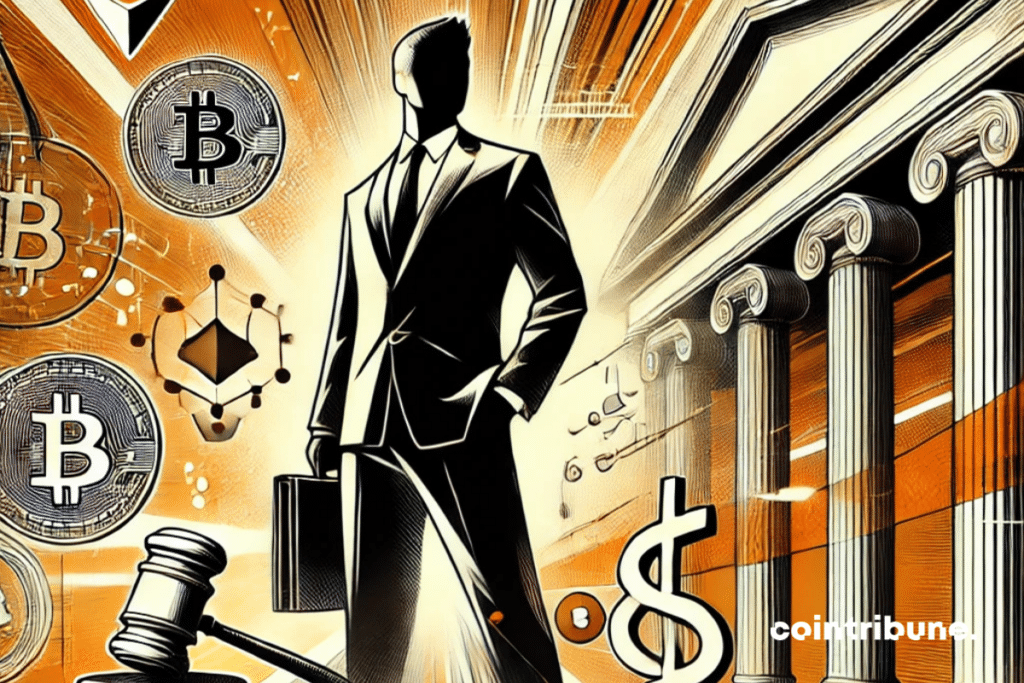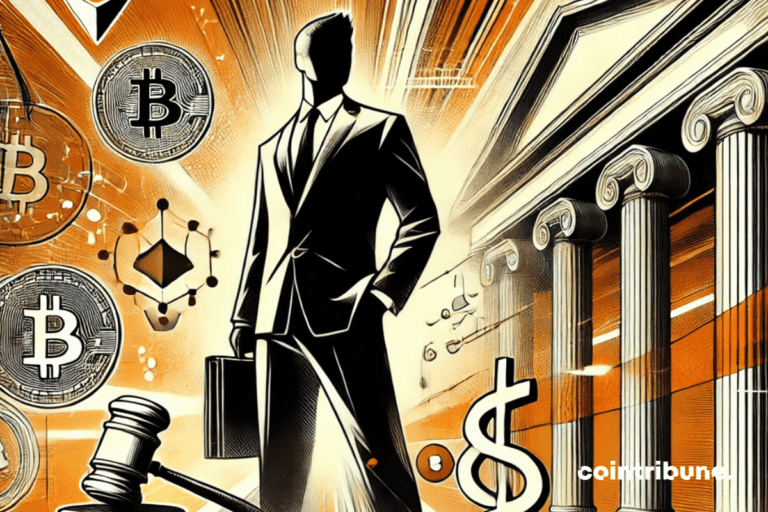10:45 a.m. ▪
4
min read ▪ by
The massive lawsuit between Elon Musk and Tesla and a group of Dogecoin investors has just ended unexpectedly. After two years of twists and turns, the plaintiffs dropped their appeal, marking the end of a legal battle that had captivated the crypto world and beyond. But what can we learn from this case which accused the richest man in the world of manipulating the crypto market through tweets? Let’s take stock.


A case with many twists and turns
The Dogecoin case against Elon Musk had the appearance of a legal soap opera. Filed in 2022, the original complaint accused Musk and Tesla of fraud and market manipulation.
The plaintiffs alleged that Musk enthusiastic tweets and his media appearances – such as the famous one on “Saturday Night Live” where he jokingly called Dogecoin a “fraud” – had caused deliberate fluctuations in the crypto’s price.
Investors estimated their losses at the staggering sum of $258 billion, an astronomical amount that had shaken financial circles.
Despite four amendments and continuing allegations, the case was dismissed in August 2023 by Judge Alvin Hellerstein, who ruled that evidence of fraud was severely lacking.
But investors were not discouraged. They appealed and sought sanctions against Musk’s legal team, accused of delaying tactics.
This maneuver fueled public interest in an affair which, until then, crystallized passions around the influence of public figures on the cryptocurrency markets.
An epilogue with multiple implications
The plaintiffs’ decision to withdraw their appeal marks the end of a saga that highlighted Musk’s influence in the crypto industry. In response to the withdrawal, Musk and Tesla also dropped their demand for sanctions against the investors’ lawyers, whom they accused of launching a “frivolous” lawsuit.
Judge Hellerstein, already called upon several times, ruled that Musk’s statements – including famous phrases like “Dogecoin is the future currency of the Earth” – were not valid reasons for serious investors to base their financial decisions.
The end of this trial could have broader implications for the crypto industry. On the one hand, it highlights the power of the words of influential figures, especially when it comes to volatile markets like crypto.
On the other hand, it reaffirms the limits of legal action when it comes to proving stock market fraud based on tweets or media jokes.
The Future of Dogecoin Crypto and Musk’s Continued Influence
Even with the closure of this trial, Dogecoin remains a topic of interest in the crypto landscape. Despite an 8% drop after the trial ended, market data showed that Dogecoin “whales” invested heavily, purchasing over $55 million in 24 hours. This demonstrates continued confidence in the potential of cryptocurrency, despite its volatility.
As for Elon Musk, this is just an additional chapter in a book already rich in legal adventures. Between his roles leading Tesla, SpaceX and X (formerly Twitter) and his forays into other legal battles, including against OpenAI and Microsoft, he continues to play a key role in the world of technology and crypto. In the meantime, AI tightens the screw with strict measures.
Maximize your Cointribune experience with our Read to Earn program! For every article you read, earn points and access exclusive rewards. Sign up now and start enjoying benefits.


Fascinated by bitcoin since 2017, Evariste has never stopped researching the subject. If his first interest was in trading, he is now actively trying to understand all the advances centered on cryptocurrencies. As an editor, he aspires to continually deliver high-quality work that reflects the state of the industry as a whole.
DISCLAIMER
The views, thoughts and opinions expressed in this article belong solely to the author and should not be considered investment advice. Do your own research before making any investment decisions.

